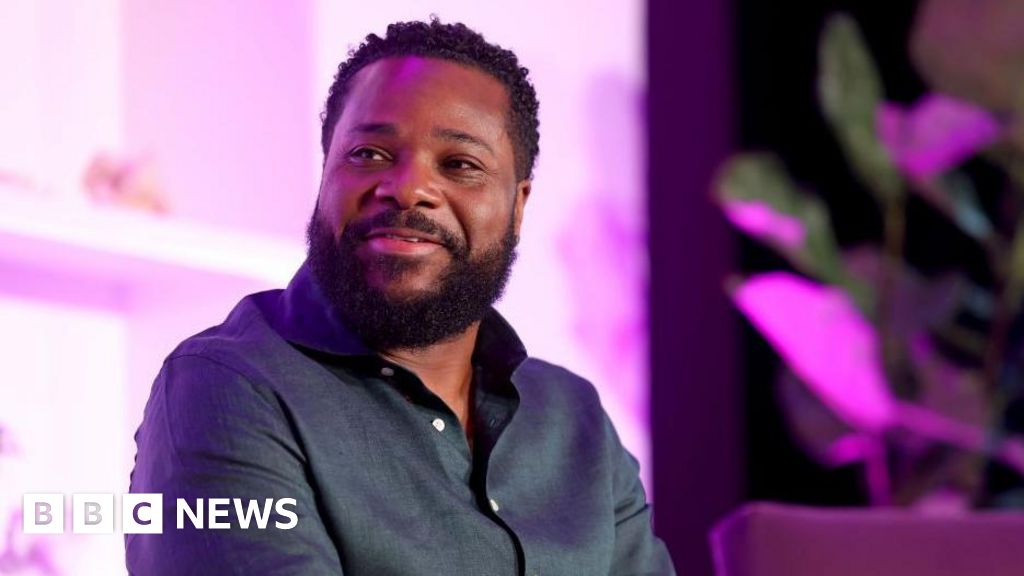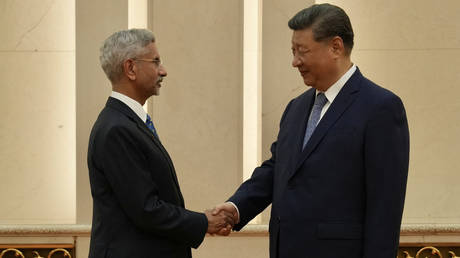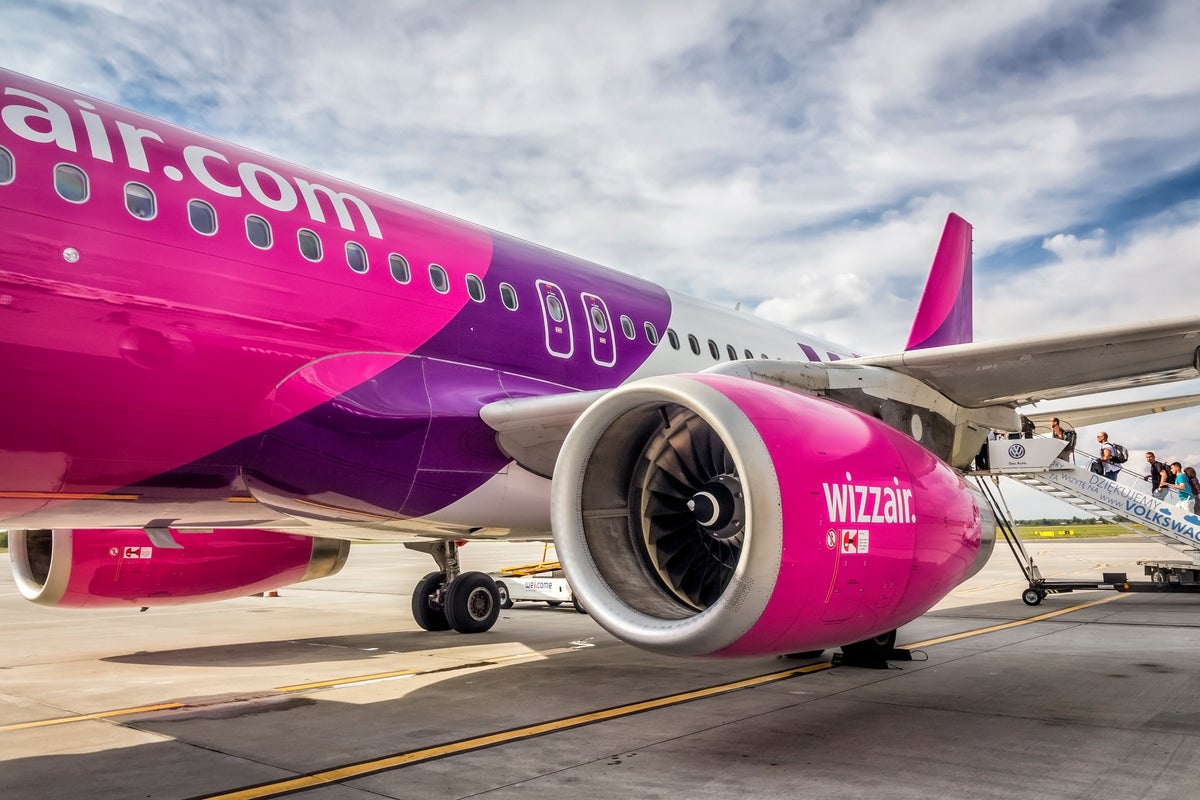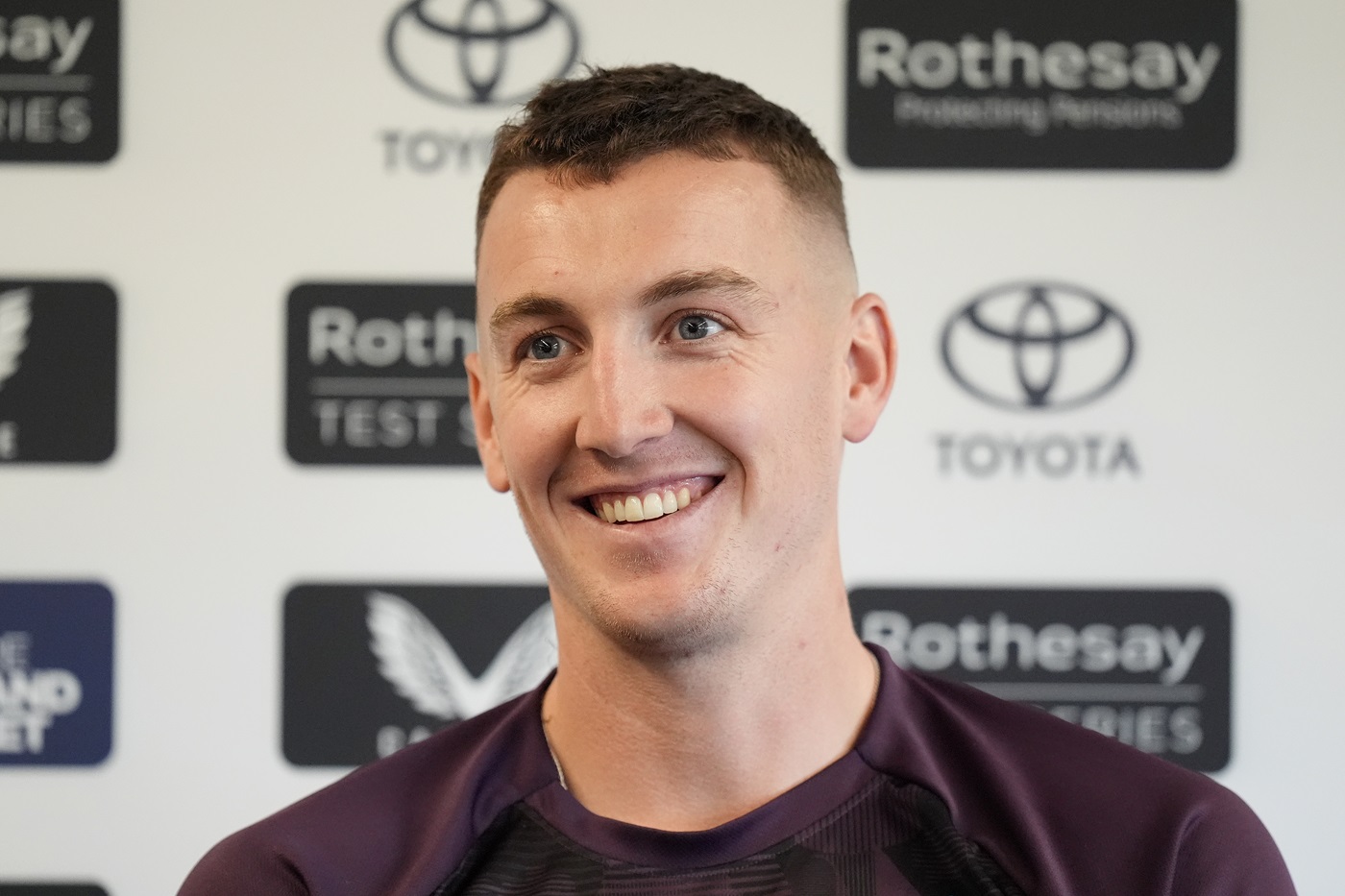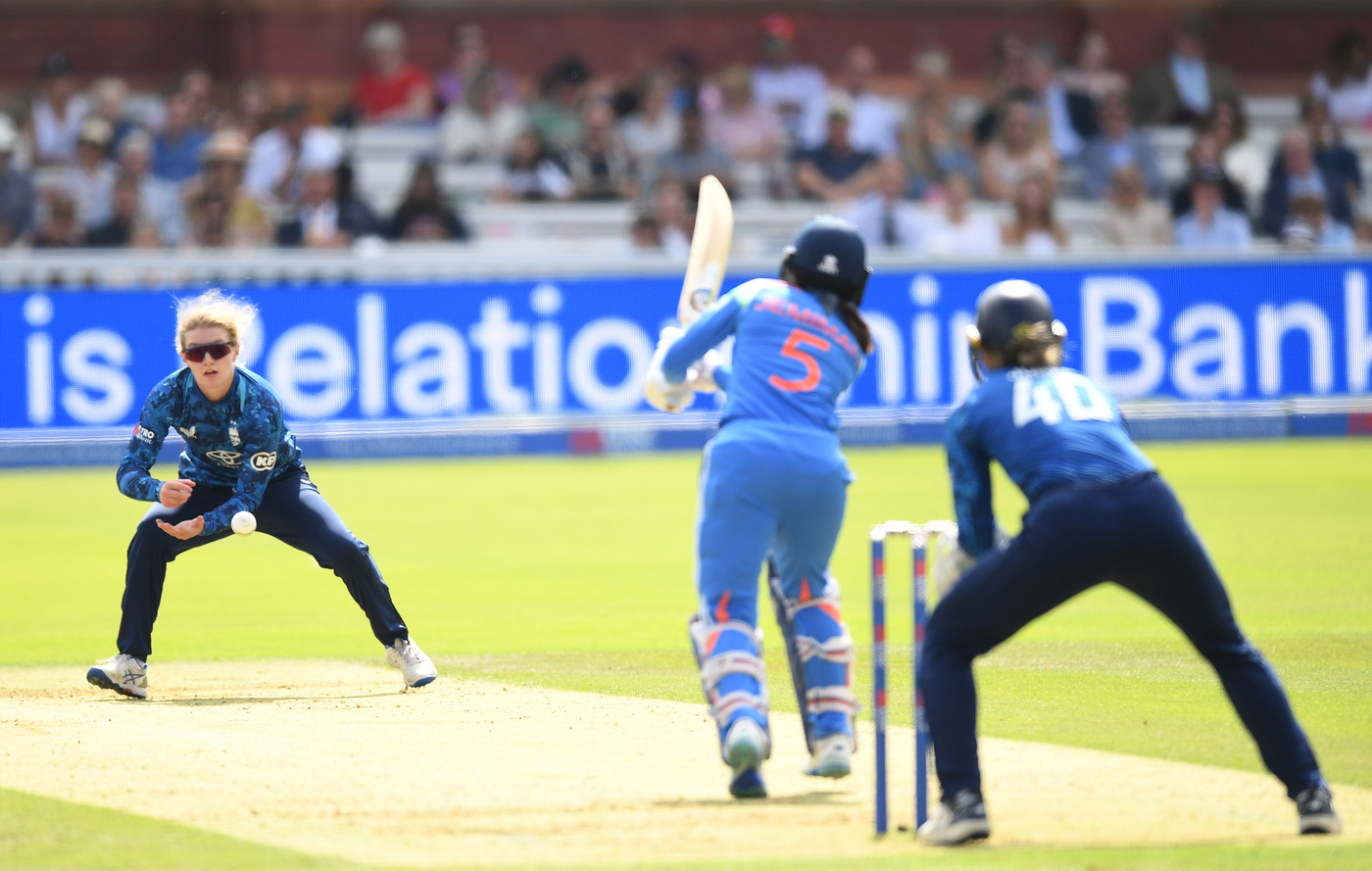This is what happens when you give the world’s biggest nerds a chance at branding
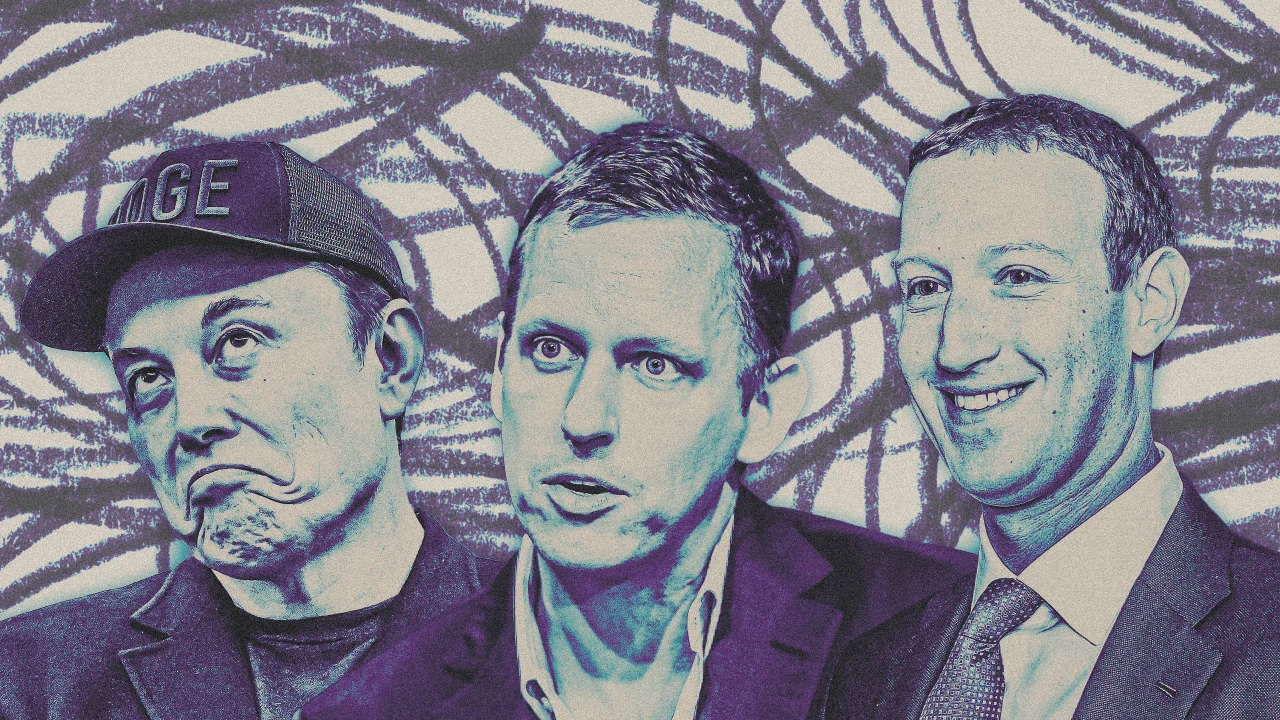
When Mark Zuckerberg recently announced his grand plans to build enormous data centers in Ohio and Louisiana, two things stood out. First was the scale of the centers set to power Meta’s AI ambitions. Zuckerberg said that “just one of these covers a significant part of the footprint of Manhattan.” While both will cost “hundreds of billions.”
The other was their names: Prometheus will soon pop up in New Albany, Ohio, and will be joined by Hyperion in Louisiana in 2030.
Where do these weird names come from? “Typically, the process is generally for most naming projects to go through a company’s brand team, though that doesn’t always happen,” says Dalton Runberg, a naming expert who has previously worked for big tech companies. “It could depend on the size of the company—at some smaller places, it might just be a function of other marketing people, but any big company is going to have a dedicated brand team, and may even have a dedicated naming person or team. Or they could work with a naming agency, especially for very high-profile brands.”
One of those agencies that big tech companies bring in to advise on this is Lexicon Branding, whose president and founder, David Placek, says: “These are relatively nerdy names, or geek names that geeks—and I don’t mean that in a derogatory way—are very comfortable with.” The question is whether they are for non-geeks. “They’re going to be, for the general public, hard to spell, and the awareness of them will be very, very low.”
Some names—like Grok, the AI model developed by Elon Musk’s xAI—tap into sci-fi. (The reference is to Robert A. Heinlein’s 1961 novel Stranger in a Strange Land, where it’s used to describe deeply knowing something). Others, like Prometheus, rely on mythology. (Prometheus is the Greek god of fire, known for stealing the resource from the gods and giving it to humans.) “I think Prometheus was a very deliberate decision on their part,” says Placek. “The metaphor of bringing the fire of AI to the world and to people, I think, was appropriate.”
The more inscrutable names are also chosen “because they can feel a bit insider-y,” says Runberg. Silicon Valley likes to think of itself as separate to—and smarter than—the average person, and so the names technology companies choose often reflect that perspective.
“If you know the deeper meaning of the word, or which Greek god was the god of whichever thing your product is related to, or whatever other fun fact might end up in a Jeopardy! clue someday, it can feel like it has an added layer of, ‘If you know, you know’ exclusivity and inspeak,” explains Runberg. “They feel familiar yet a bit mysterious. But the danger is that those types of names can feel smart, though they’re not always as clever as they think they are.” For instance, data centers won’t want to catch on fire, particularly when they cost billions of dollars.
Still, fire and storms are in vogue among tech. Just look at Anduril, Palmer Luckey’s defense company—and also the name of the sword wielded by Lord of the Rings character Aragorn—or Palantir, the Peter Thiel-founded tech firm that takes its name from surveillance orbs popular in the same Tolkien lore. The naming starts to get meta when you look at Palantir’s product names, like Gotham, its intelligence product designed for the Department of Defense, U.S. intelligence agencies and other allied military forces, which also happens to be the name of the city Batman inhabits.
But the reason that those mythological figures appear more often is because they offer the products linked to them a credibility that they’d otherwise not get. “Classical, mythological, or historical names tend to sound and feel powerful—often being associated with mighty empires or omnipotent gods,” says Runberg.
Also importantly for a young, disruptive industry like tech, “they’re old,” adds Runberg. “They have a feeling of legacy, which can give your brand a sense of authority or reliability, as if it has been around for a long time. It’s sort of borrowing the credibility from a word or name that has existed for hundreds or thousands of years.”
However, just because they’re old doesn’t mean they’re good for tech today. “They’re not great names,” admits Placek. Good names help process fluency for the reader, the branding expert says, or has things in it that are familiar to you. One of Placek’s best-known non-tech names is Febreze, a new coinage that evokes a little bit of fabric and the breeziness of hanging your laundry out to dry within it.
Yet Placek also dabbles with tech names. One of his most recent jobs was to help come up with a new name for an AI product previously called Codeium. His solution? Windsurf, the firm initially due to be bought by OpenAI, whose CEO was then acquired by Google when that deal fell through, with the rest of the company heading to competitors Cognition.
What's Your Reaction?
 Like
0
Like
0
 Dislike
0
Dislike
0
 Love
0
Love
0
 Funny
0
Funny
0
 Angry
0
Angry
0
 Sad
0
Sad
0
 Wow
0
Wow
0




